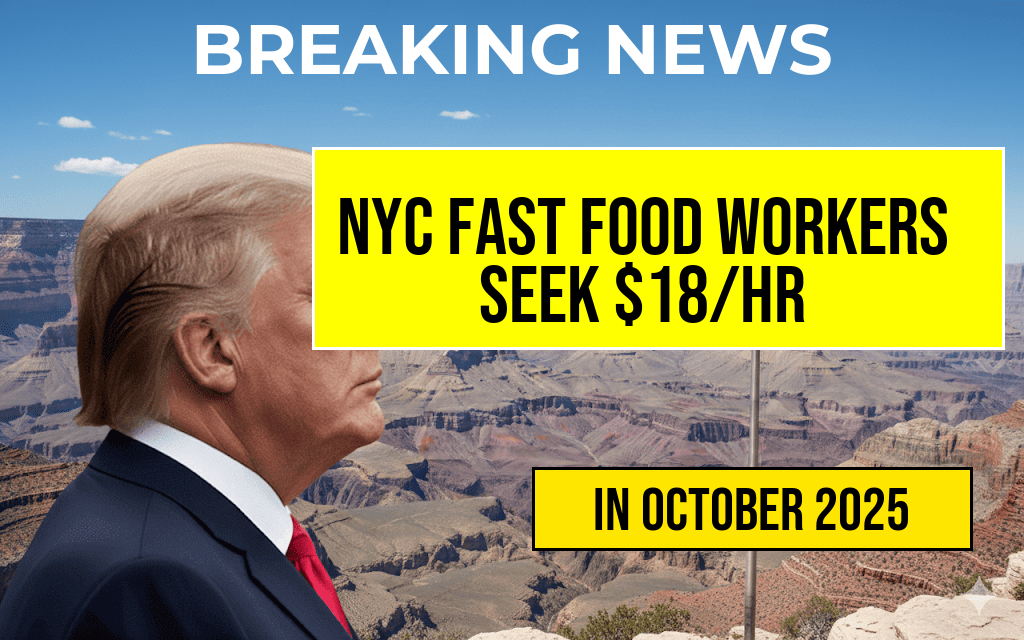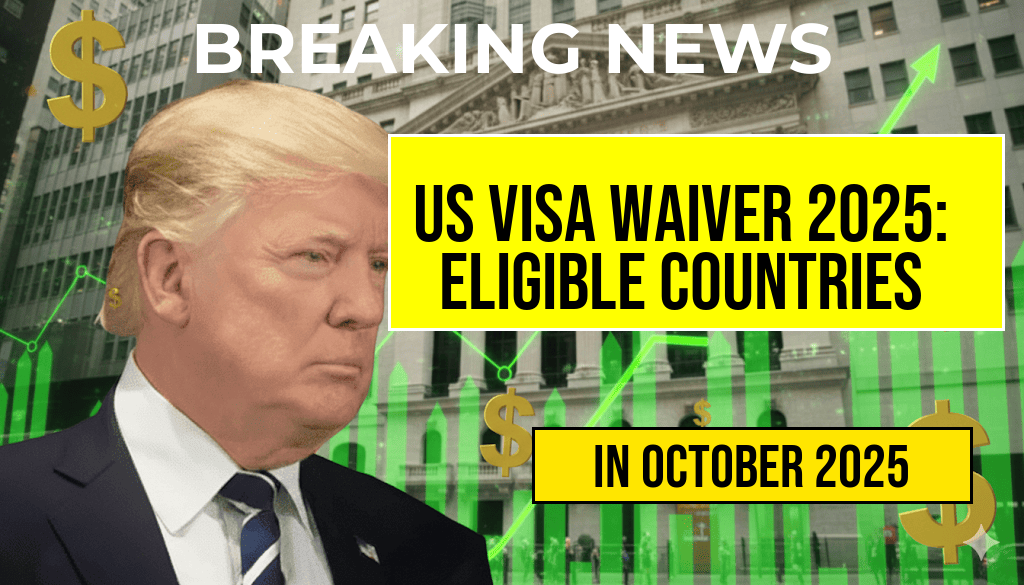Fast food workers across New York City are stepping up their efforts to demand a higher minimum wage, advocating for an increase to $18 an hour. As economic pressures mount and living costs continue to climb in the city, labor organizers and workers argue that current wages are insufficient to sustain a decent quality of life. The push comes amidst ongoing debates over fair compensation in the service industry, with proponents emphasizing the need for wages that reflect the rising expenses faced by employees. Organizers plan to hold a series of protests and lobby efforts targeting city officials and major restaurant chains to address what they describe as wage stagnation despite record profitability within the industry. This movement highlights broader discussions about economic inequality, labor rights, and the future of work in one of the nation’s most expensive cities.
Background on Wage Standards and Industry Profitability
Since the implementation of the $15 minimum wage in New York State in 2019, many fast food workers have experienced modest increases, yet advocates argue that these figures remain insufficient given inflation and the cost of living. According to data from the Bureau of Labor Statistics, the Consumer Price Index in New York City has risen by approximately 10% over the past three years, eroding purchasing power for low-wage earners. Meanwhile, the fast food industry has reported record profits, with major corporations like McDonald’s and Burger King posting substantial quarterly earnings. Critics contend that this profitability should translate into better wages and benefits for frontline workers.
Workers’ Demands and Rationale
- Proposed wage increase: $18 per hour, up from the current $15 minimum wage for fast food workers in NYC.
- Rationale: To keep pace with inflation, cover increased living costs, and recognize the demanding nature of service industry work.
- Additional demands: Improved health benefits, paid sick leave, and opportunities for advancement.
Labor Organizers and Supporters
The movement is backed by several labor unions, including United Electrical, Radio and Machine Workers of America (UE) and SEIU. These organizations argue that a wage of $18 an hour would provide workers with a more sustainable livelihood and reduce economic disparities. “Fast food employees are the backbone of the city’s economy, yet they are often left behind when it comes to fair compensation,” said Maria Rodriguez, a union representative. “Our goal is to ensure that workers receive wages that reflect their hard work and the high cost of living in NYC.”
Industry Response and Economic Impacts
Major fast food chains and industry associations have expressed mixed reactions to the proposed wage hike. While some companies acknowledge the importance of fair wages, others cite concerns over increased operational costs and potential impacts on employment levels and menu prices. A table below summarizes the potential economic consequences as outlined by industry insiders and labor advocates:
| Aspect | Potential Effect |
|---|---|
| Employment Levels | Some industry experts warn of possible reduction in hours or staffing; others believe job losses will be minimal with increased employee retention. |
| Menu Prices | Potential increase of 2-4% to offset higher wages, according to economic models. |
| Consumer Spending | Higher wages could boost local spending, benefiting other sectors of the economy. |
Broader Context and Policy Implications
The push for an $18 minimum wage aligns with broader national movements advocating for a living wage. Several cities and states have seen similar efforts, with some successfully implementing higher minimums for specific sectors. Experts note that setting wages at this level could serve as a benchmark for other low-wage industries in urban centers. However, opponents warn that such increases might lead to unintended consequences, including higher prices and potential job cuts, highlighting the delicate balance policymakers must strike between fair compensation and economic viability.
Community and Political Reactions
Local politicians have largely expressed support for the workers’ demands, citing the need to address economic inequality and support working families. City Councilmember Carlos Menchaca remarked, “Ensuring all workers can earn a living wage is essential for a just and equitable city. The proposed $18 an hour is a step toward that goal.” Conversely, some business groups argue that government mandates could stifle growth and competitiveness, urging for a measured approach that considers industry sustainability.
Next Steps and Advocacy Campaigns
Organizers plan to escalate their efforts through coordinated protests, social media campaigns, and meetings with city officials. They aim to demonstrate widespread support from both workers and community allies. The New York City Council is expected to hold hearings over the coming months to evaluate the feasibility and potential impact of raising the fast food minimum wage to $18. Stakeholders on all sides are watching closely as the city navigates this pivotal issue that could reshape labor standards within the service sector.
For more on the history of minimum wage policies and economic impacts, visit Wikipedia’s page on minimum wage. Industry financial reports can be accessed via Forbes.
Frequently Asked Questions
What is the main goal of New York fast food workers’ advocacy?
The primary goal is to achieve an increase in the minimum wage to $18 an hour for fast food workers across New York City to ensure fair compensation and improved working conditions.
Why are fast food workers in NYC advocating for higher wages?
Fast food workers are advocating for higher wages to address financial hardships, economic inequality, and to recognize their contributions to the city’s economy, especially amidst rising living costs.
How does the proposed $18 an hour minimum wage compare to the current wage standards?
The proposed $18 an hour minimum wage is an increase from the current state and city minimum wages, which are lower, aiming to provide better income security for fast food workers.
What impact could this wage increase have on fast food businesses in NYC?
Implementing an $18 an hour minimum wage could lead to higher labor costs for businesses, potentially resulting in adjustments in staffing, pricing, or operational practices, while supporting worker well-being.
Are there any similar wage advocacy efforts happening elsewhere in New York State?
Yes, advocacy for increased wages is occurring in other parts of New York State, with workers and unions pushing for fair pay across various industries to promote economic justice.










